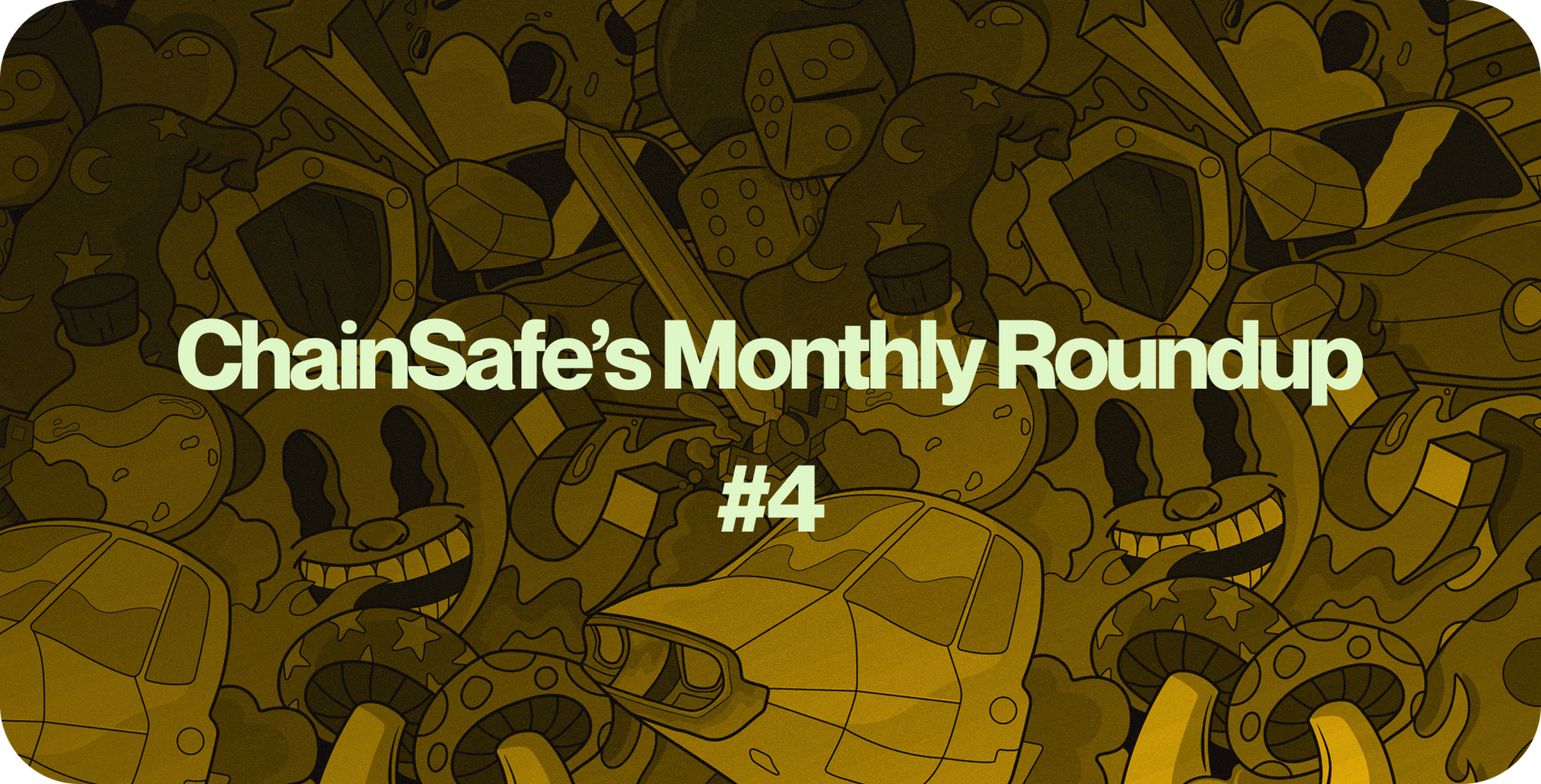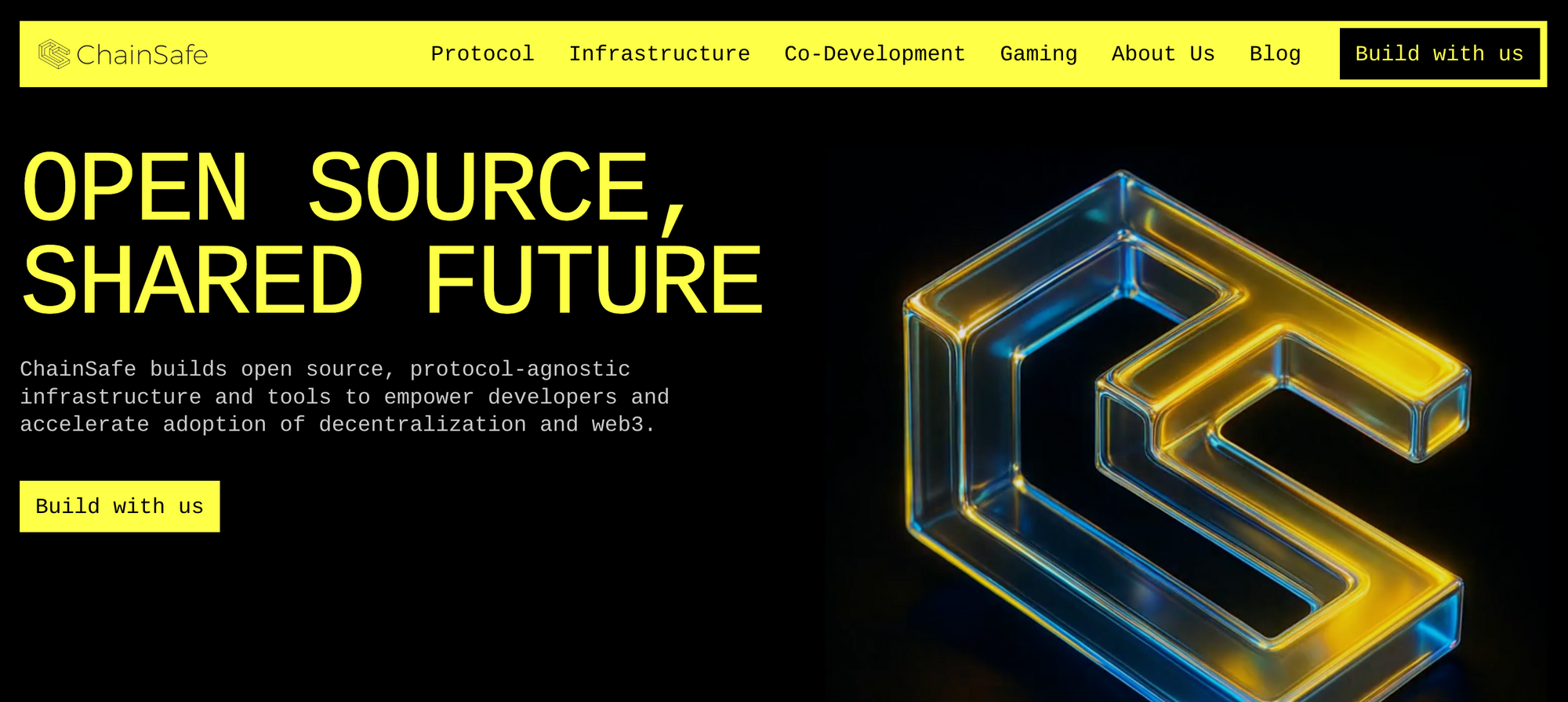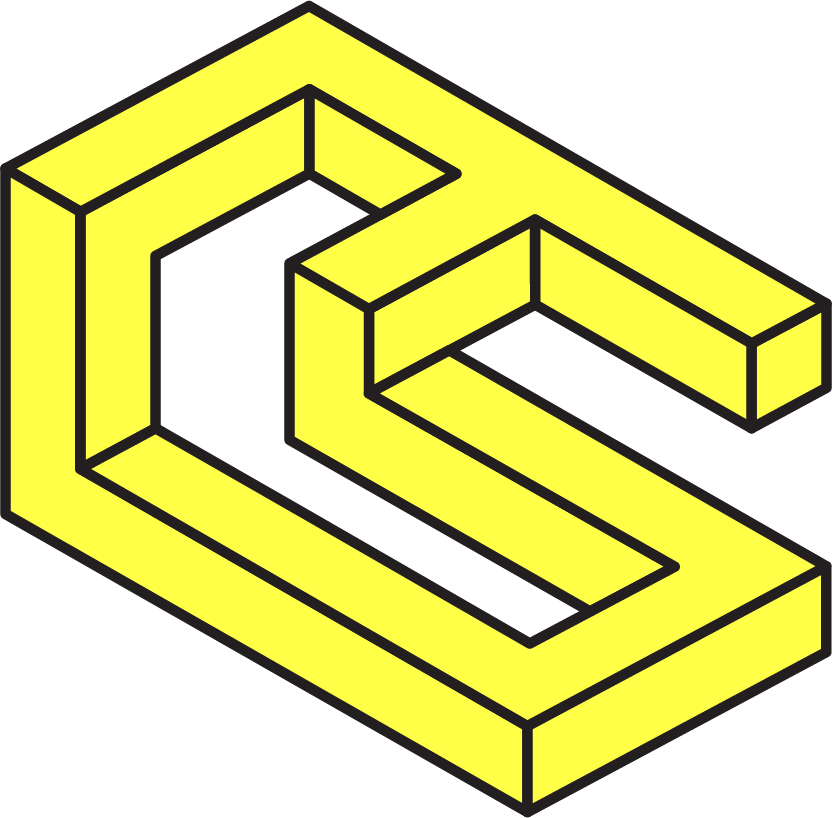ChainSafe’s Monthly Roundup: Issue #4
From a fresh new website to exciting protocol updates, validator milestones, and a sneak peek at what’s coming next, the ChainSafe team has been busy across the stack.

Hey everyone, we've got a lot to share this month! From a fresh new website to exciting protocol updates, validator milestones, and a sneak peek at what’s coming next, the ChainSafe team has been busy across the stack.
ChainSafe.io's redesign
We are thrilled to announce the launch of our redesigned website!

The new site design offers improved navigation and detailed information about our protocol, infrastructure, and co-development projects. Everything ‘ChainSafe’ is front and center on our new website, including two new initiatives we’re thrilled to share with you:
New Optimism Rust OP-Supervisor
Built to keep the Superchain connected and secure, the OP-Supervisor validates messages, tracks block safety, and makes sure everything stays in sync across chains. Acting as a reliable L1 data source, it handles rollup verification, re-orgs, and state consistency so interoperability stays smooth, safe, and ready to scale.
Stay tuned for updates!
ChainSafe Staking
We’ve proven our chops as infrastructure operators, so we’re opening the door (soon!) to clients who want to delegate funds to our staking operations.
ChainSafe is currently active on these networks, with plans to add more:
- Lido
- Celestia
- Namada
- Kusama
- Polkadot (coming soon)
Infrastructure
May was all about tightening access, testing portability, and deepening validator involvement. The infra team kept things moving behind the scenes—and even went on the road with the Forest team. All the while, the Infrastructure team is working hard to open our staking services for new business!
FilDevSummit Toronto
Infra was represented at FilDevSummit where team lead Josh (@joshdougall) demoed a cool piece of handiwork: a portable Raspberry Pi 5 running a Forest RPC node over battery and 5G hotspot. Find more info on that our socials soon :)
Validator milestones
We were accepted into the Namada Validator Foundation Delegation Program and successfully deployed a Canton validator, deepening our integration into the ecosystem.
Improved access with OPKSSH
We rolled out OPKSSH, a single sign-on SSH tool leveraging Google Workspace sign-ins and OpenID Connect. This enhances security by managing SSH access via identities and Google Groups, replacing long-lived keys with temporary tokens and MFA.
Lodestar
Lodestar shipped two back-to-back releases focused on stability, usability, and future-proofing for Ethereum’s evolving roadmap.
v1.30.0 (May 14)
- Focused on improving the validator experience and smoothing out compatibility issues with recent network changes.
- Delivered a cleaner, more reliable staking journey for both advanced users and newcomers.
v1.31.0 (May 28)
- Continued UX refinements and resolved lingering bugs.
- Recommended upgrade for anyone on older versions to ensure optimal performance and readiness for upcoming protocol changes.
Forest
May was a big month for Forest, featuring new tooling, CLI enhancements, and direct engagement with the community at FIL Dev Summit Toronto. The team returned with valuable feedback already influencing Forest’s roadmap.
Development Highlights
- Introduced a Snapshot Garbage Collector, enabling users to prune the chain and export lite snapshots with a new forest-cli chain prune snap command.
- Improved tooling transparency via the forest-tool archive info command, now displaying index size for better snapshot visibility.
- Aligned RPC token handling with Lotus, ensuring CLI interactions save tokens by default for smoother usage.
Discoverability Boost
- The Forest Faucet saw SEO improvements, making it easier for users to find and use this critical onboarding tool.
Shoutout to @barbaraperic for leading SEO improvements on the Forest Faucet!
More details are in the changelog.
Gossamer
This month, the Gossamer team made meaningful strides across Polkadot protocol support, storage improvements, and JAM/PVM implementation, while engaging with the community in person at JAM Experience Lisbon.
Gossamer joined JAM Experience Lisbon 2025, where the team gave a spontaneous project update, shared ideas with fellow JAM implementers, and participated in local “JAM Toaster” events.
Be sure to check this out: Gossamer’s Kirill and Jimmy appeared for an interview with Pala Labs, discussing Gossamer’s role in JAM:
Meet Gossamer - JAM Implementers Interviews #6
— Pala Labs (@pala_labs) June 12, 2025
w/ Cyril & Jimmy from @ChainSafeth:
• 11 yrs of BTC→ETH→DOT distilled into a JAM client in Go
• A vision for censorship-proof communities
• DA solved → “JAM already does it.”
WATCH NOW ⤵️ pic.twitter.com/Y4WBxvhud4
Core Development Progress
- Continued integration of the GRANDPA finality gadget into Gossamer.
- Advanced the Polkadot storage layer by integrating a refactored database backend for improved performance and maintainability.
Polkadot ELVES Implementation
- Built out key subsystems for collator-validator communication, unbacked candidate distribution, and validator group gossip protocols.
- Began implementing a relay-parent–aware data structure for improved statement routing across the network.
JAM & PVM Integration
- Developed core JAM protocol logic, including block import routines and host functions for PVM communication.
- Improved memory management in the PVM to support multiple pages, and explored strategies for PVM recompilation and JAM-NP research
About ChainSafe
ChainSafe is a leading blockchain research and development firm specializing in protocol engineering, infrastructure development, co-development and web3-enabled gaming.
Alongside its contributions to major ecosystems such as Ethereum, Polkadot, Filecoin, ChainSafe creates solutions for developers and teams across web3.
As part of its mission to build accessible and improved tooling for developers, ChainSafe embodies an open source and community-guided ethos to advance the future of the internet.

